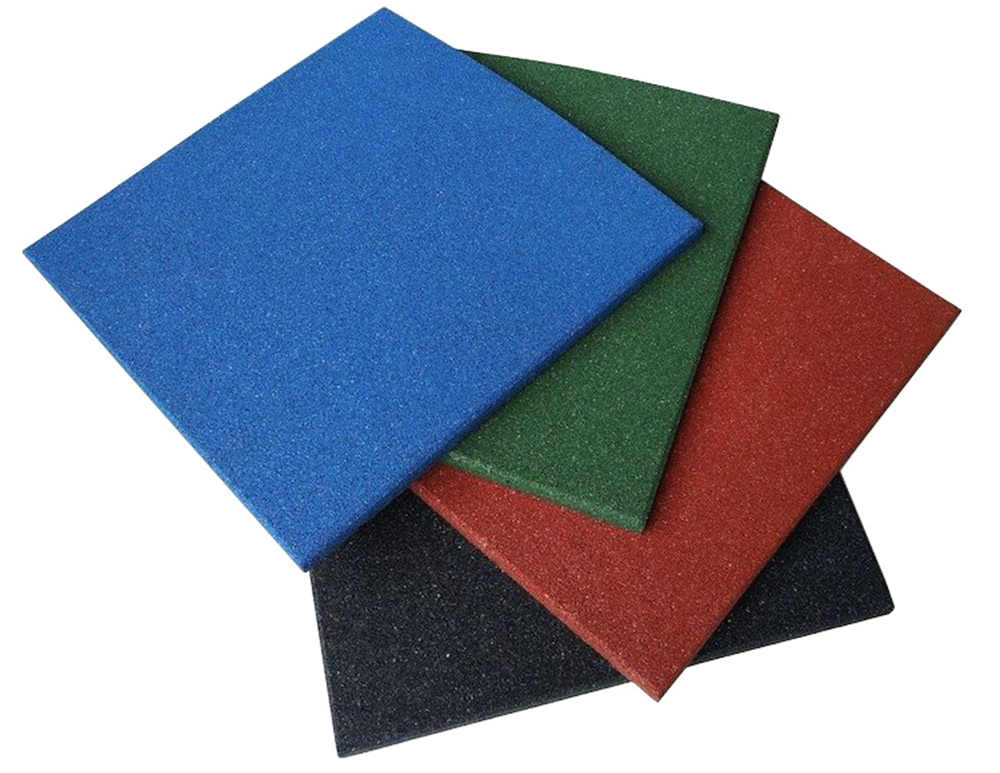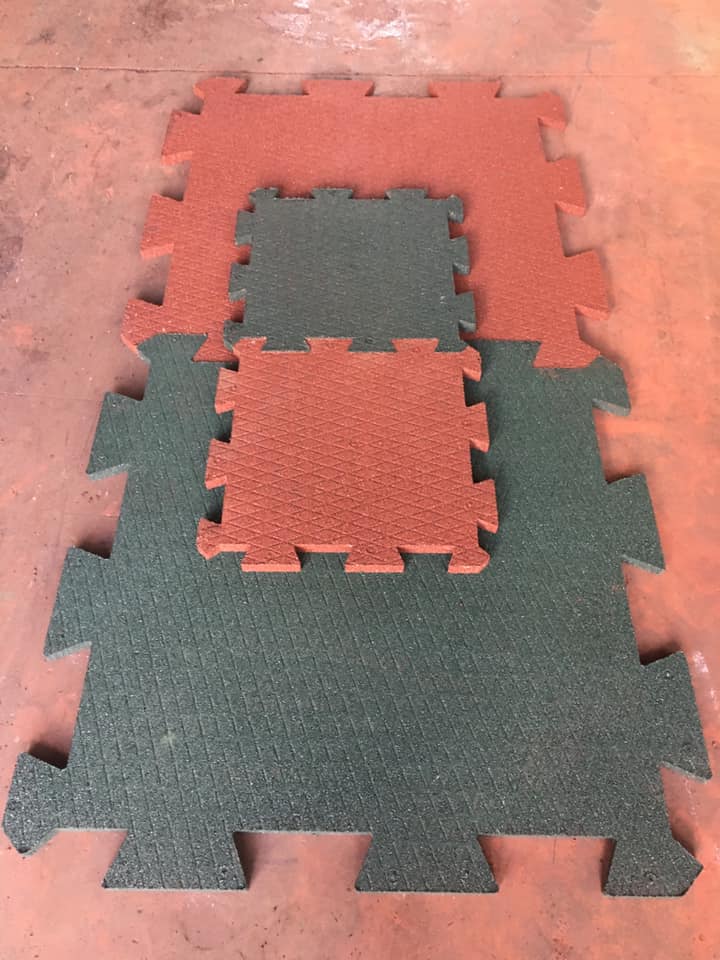RUBBER TILE
Rubber materials are known for their flexibility and are used in many places today. … Tile rubber materials arise from the production of small parts of the rubber product by pressing it in a square shape with adhesive and binder materials that do not have a special and negative effect on health.
Multi-purpose sports halls,
• Fitness and GYM Centers,
Children’s playgrounds,
• Shooting ranges,
• Rehabilitation and conditioning centers,
Kindergarten and nurseries,
Animal bed for stables and paddocks,
Walking and cycling paths,
Non-slip surface applications for wet floors,
• Garage, Overpasses, level crossings.
Product Features:
- Rubber tiles are known for being flexible and soft. It is shock absorbent with these features. It prevents injuries in falls.
- It is durable and long-lasting.
- It can be easily assembled and disassembled.
- It is non-slip, non-stick, heat-resistant and not easily burnt.
- It has heat and sound insulation properties.
- With its water permeability feature, it does not leave water on or inside.
- It has no harm to the environment and health.
- It is resistant to all weather conditions.
- It appeals to its users with different color and thickness alternatives. It is used for aesthetic appearance in landscape applications.
- It is also easy to apply due to its square shape.
- It can be bonded to concrete floors and floors such as asphalt with two-component polyurethane-based adhesives. It can also be applied to sand floors.
- They are generally produced in sizes of 40 cm x 40 cm and thicknesses such as 20 – 25 – 30 mm.
- SBR rubber tile floors are produced in red, green, black and gray color options; EPDM rubber tile floor products are available in a wide range of colors.
Application:
Rubber tiles are mounted on the floor with double-component polyurethane adhesive.
Packaging and Consumption:
Package – 25 kg


